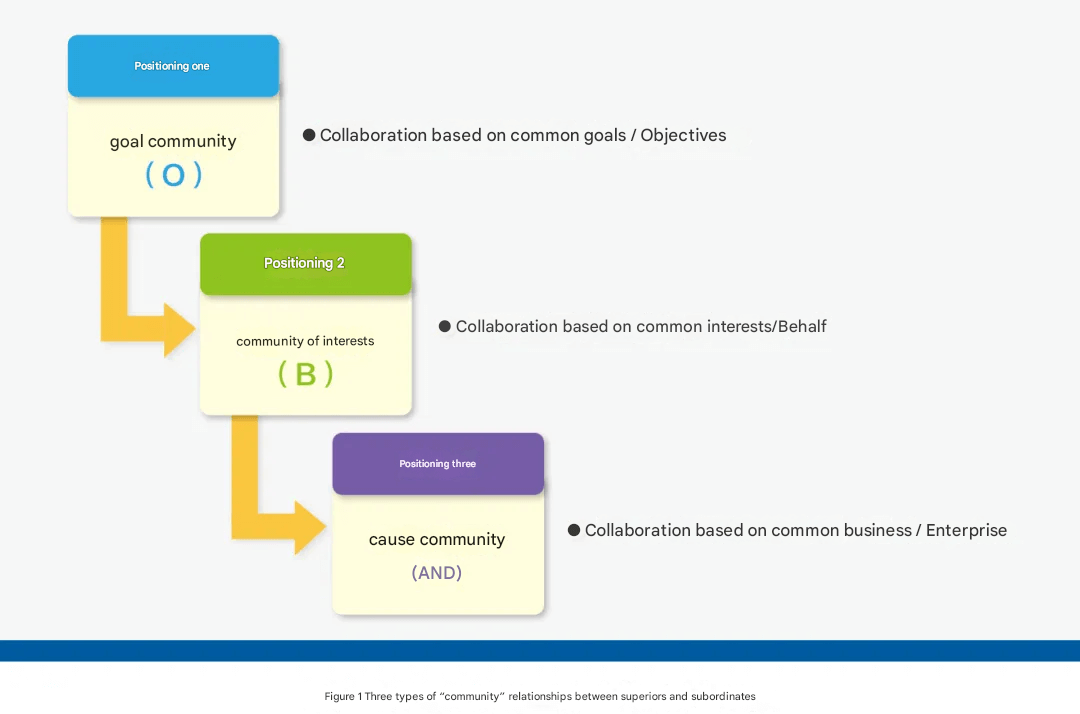In the workplace, we often encounter this situation: individuals with strong professional abilities struggle to become effective leaders. For instance, when an outstanding employee is promoted, their team’s performance sometimes lags behind what they could achieve alone. Why is that? It's not because they aren’t skilled, but because their expertise in specific tasks makes them focus solely on their strengths, leading them to shoulder most of the responsibilities. However, being an exceptional employee does not guarantee success as a leader. The real question is: can they nurture their team and make others even better than themselves?

What Does "A Great General Has No Weak Soldiers" Truly Mean?
In management, it's common to find strong leaders surrounded by weak teams. A prime example is the "caretaker" type of manager, who is highly capable but always concerned that employees might make mistakes, leading them to take over tasks constantly.
Sun Tzu's Art of War states: “When a leader is strong, but the soldiers are weak, it is said they are trapped.” This means that when a leader is highly skilled, but the team lacks strength, the leader is burdened with the majority of the work, becoming overwhelmed and unable to focus on the big picture. This situation is known as “a great general with weak soldiers.”
Why Does This Happen?
This phenomenon often occurs for four main reasons:
The Leader Doesn’t Trust the Team
Some leaders believe they are the best and that others are not competent enough. As a result, they micromanage and handle everything themselves. However, just like a child never learns to walk if always held by the hand, team members will never grow if they aren't trusted with responsibility.
The Leader Fears Being Surpassed
Insecure leaders avoid developing their subordinates, fearing that teaching them too much will cause them to be outshined. This mindset keeps the leader in control but limits the team’s growth, making the leader the ceiling that caps the team’s potential.
Short-Sightedness and Quick Gains
Training and nurturing employees takes time and resources. Some leaders, driven by short-term goals, neglect long-term talent development. However, investing in the growth of employees is the lowest-risk and highest-reward strategy for a company.
How to Build a Strong Team?
True strength lies not in one person's capability but in the collective strength of a group. A leader must possess courage, generosity, and energy to cultivate a team of high performers. Here’s how:
Courage
Strong teams are trained in the field, and leaders must have the courage to delegate and empower their subordinates, allowing them to grow through real-world experience. Delegating isn’t simply saying, "You handle this." Before delegation, a leader must consider two things:
What tasks can be delegated?Delegate tasks that, even if the leader is not involved, won’t significantly impact the overall project.
To whom should tasks be delegated?Look at two factors:
Can they do it? Do they have the experience and proven results?
Do they want to do it? Willingness is key, as enthusiasm drives persistence and problem-solving.
Giving capable and motivated individuals the space to learn from mistakes will foster their growth.
Generosity
Leaders must be generous in developing others, not fearing that subordinates will outshine them or leave the company once they've grown. It's the leader’s responsibility to help employees succeed and grow. Supporting their development not only increases the value they create but also benefits the leader and garners recognition from higher-ups.
Energy
Energy is like fuel for a car — without it, even the strongest team will eventually lose momentum. Leaders must continuously inject energy into their team in two ways:
Instill a sense of mission: Beyond financial incentives, employees need to feel that their work is meaningful. Sharing customer feedback and demonstrating the impact of their work can instill a sense of accomplishment, creating a positive cycle of motivation.
Provide a sense of security: Employees thrive in open, transparent, and fair work environments. Leaders must ensure that rewards and punishments are clear and just, creating a culture of trust and confidence.
Conclusion
A strong leader is not measured by personal prowess alone but by the ability to cultivate and lead a team of strong individuals. Leaders with courage, generosity, and energy can build a team of high performers and achieve long-lasting success.






